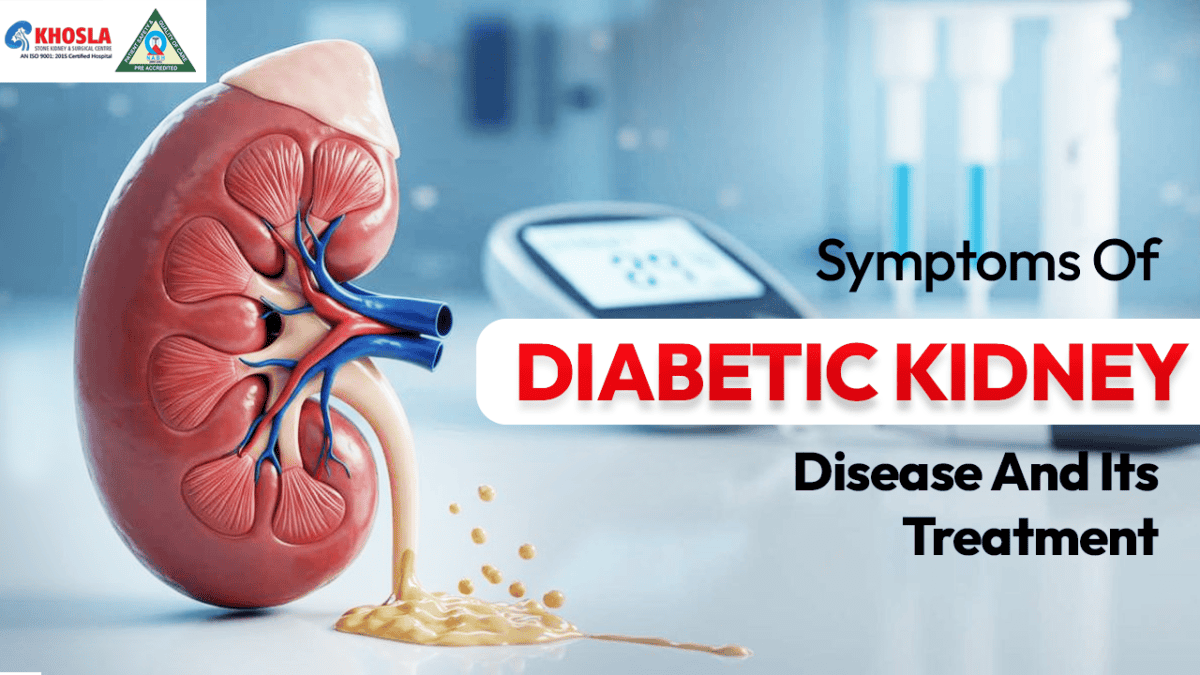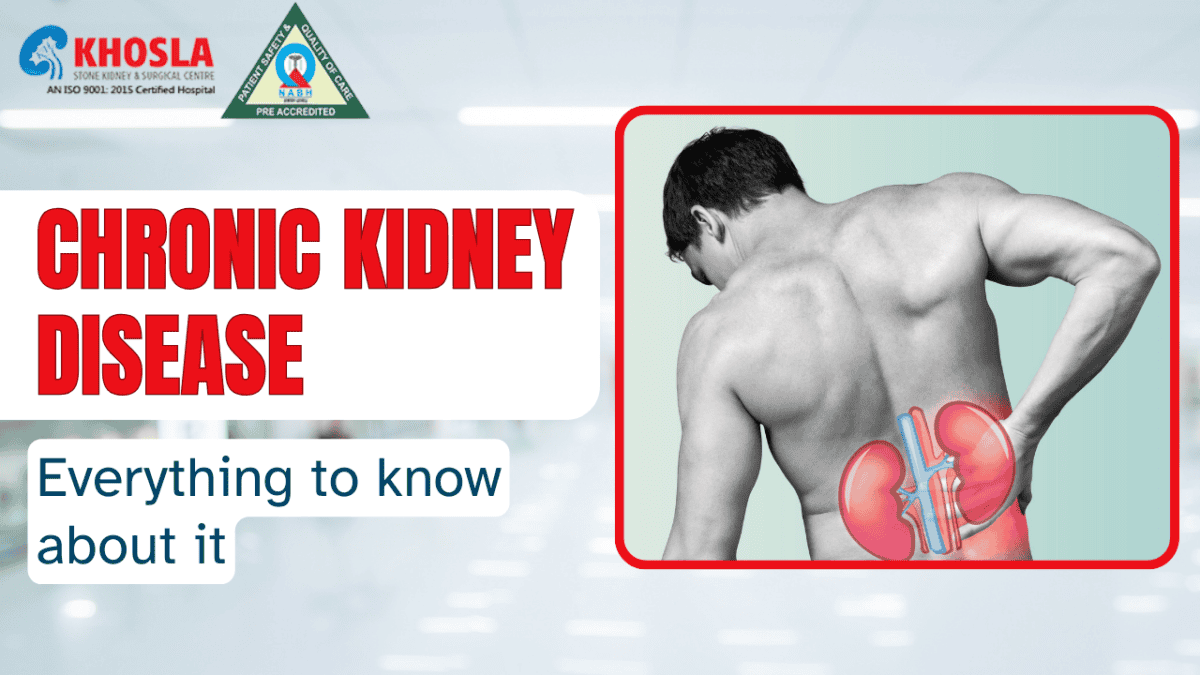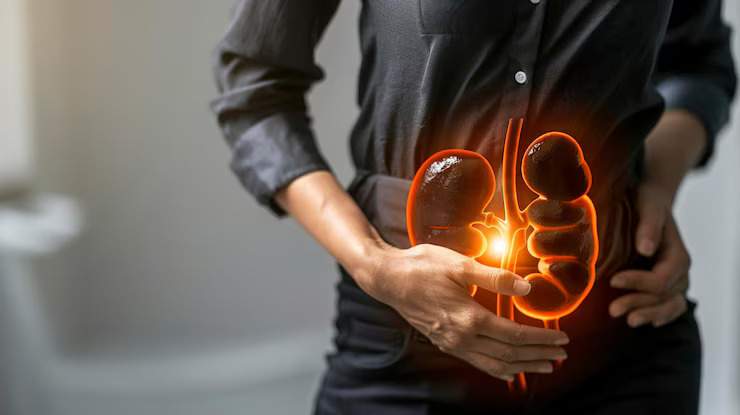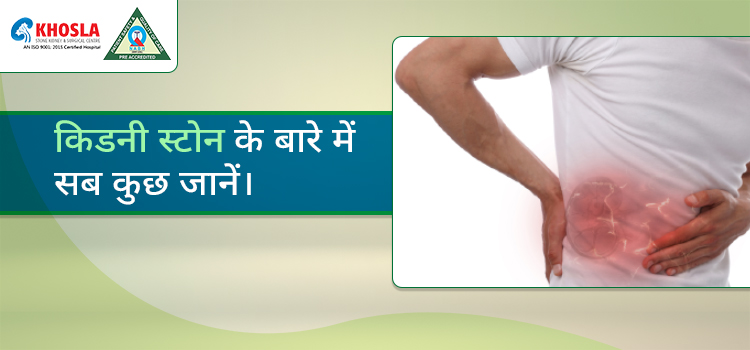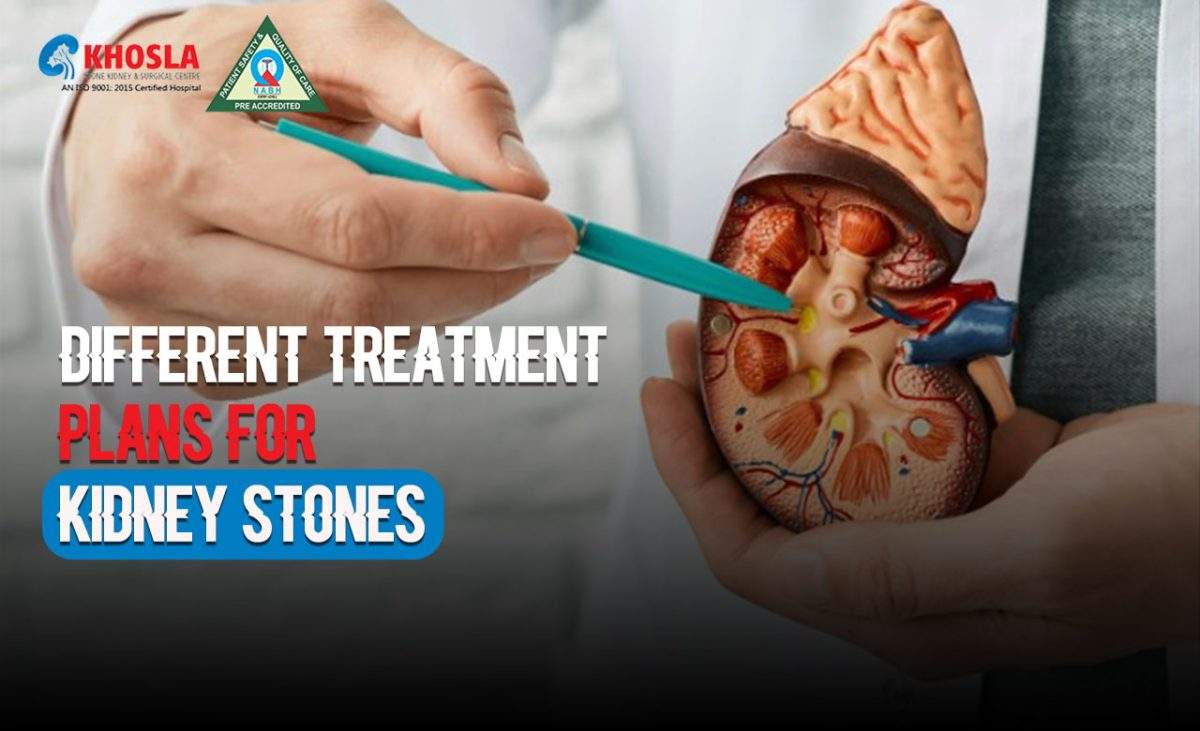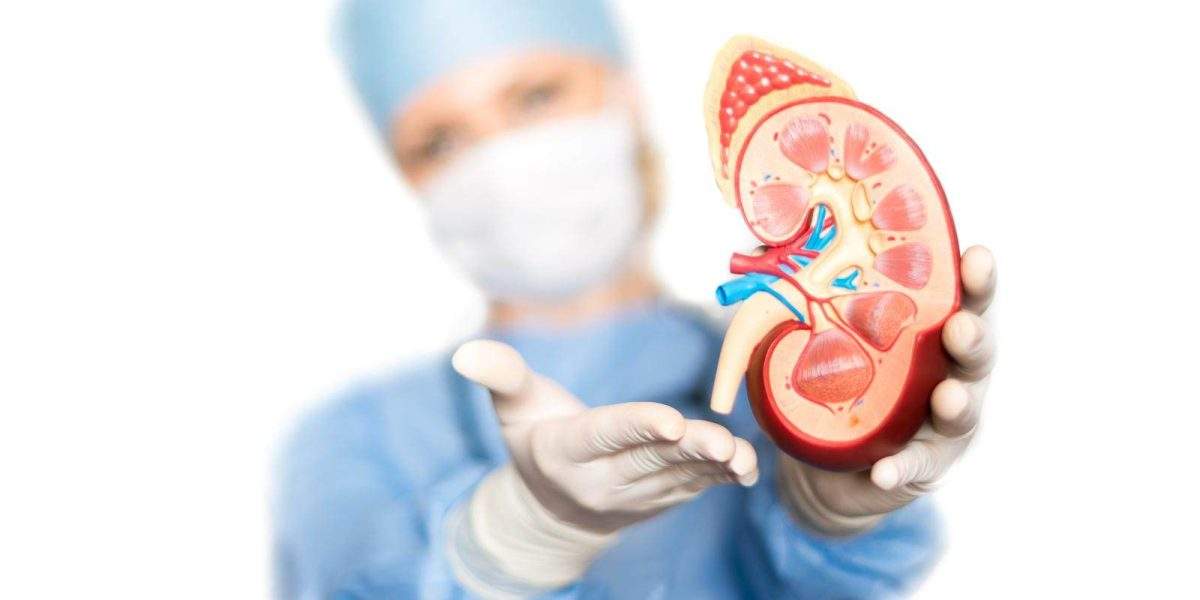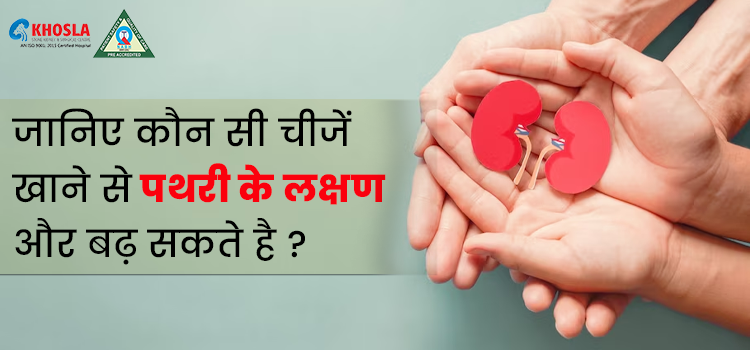![]()
Stomach ulcers are manageable if detected in a timely manner. If the symptoms are recognised without any delay, it can help the doctors in taking steps towards effective treatment. Stomach ulcers are open sores that are formed on the stomach lining. If they are left untreated, they can cause too much discomfort and can even lead to very serious complications.
Causes of stomach ulcer
Several causes contribute to the formation of stomach ulcers:
- Helicobacter pylori infection– the bacteria can weaken or damage the lining of the stomach, forming sores and ulcers.
- NSAID use– the use of pain-relieving drugs can damage the lining of the stomach.
- Heartburn
- Smoking– it can worsen the irritation and can increase the stomach acid as well. Smoking can increase the risk of an ulcer by increasing stomach acid production.
- Alcohol– excessive alcohol can erode the stomach lining, thereby forming ulcers.
- Excessive production of stomach acid– it can be due to chronic stress or spicy foods.
Early symptoms
If an ulcer is developing inside your stomach, you can know through various symptoms:
- Bloating and belching
- Burning pain in the upper abdomen
- Loss of appetite
- Nausea and vomiting
- Indigestion
Symptoms of stomach ulcers in females
The symptoms of ulcers in females could be slightly different from those seen in males. The symptoms could be misunderstood as hormonal fluctuations or menstrual discomfort. Various symptoms found in women are:
- Back pain
- Fatigue
- Changes in mood
- Cramps like a menstrual period
- Changes in hair and skin
Warning symptoms
Warning signs of stomach ulcers could be:
- Vomiting blood, which looks like coffee grounds
- Dizziness or fainting
- Difficulty in breathing
- Black, tarry stools
- Severe pain in the abdomen which does not go away
Experience any of the above symptoms, seek medicare care immediately.
Diagnosis
Diagnosis for stomach ulcers involves:
- Physical exam– your healthcare professional would try to determine the root cause of your ulcers. They will enquire about the use of NSAIDs.
- Review of medical history– the doctor would want to know about the medical history of the patient to determine the cause of ulcer development.
- Helicobacter pylori test– this infection test is done with the help of a biopsy through endoscopy. It could also be done through a blood test, breath test or stool test.
- Endoscopy (EGD) – a tiny camera goes inside your stomach via a thin, long tube. While you are under sedation, the tube then goes down your throat, and through that tube, the doctor can pass narrow tools to take a sample for biopsy.
Treatment
Treatment options include:
- Antibiotics
- Antacids and mucosal protectants
- H2-receptor antagonists
- Proton pump
Various lifestyle changes can support the healing process:
- Limiting spicy foods
- Avoiding NSAIDs
- Managing stress
- Eating smaller but more frequent meals
- Stop smoking and alcohol consumption
If the pain persists or if acidic food is causing discomfort, you must consult the doctor. Early intervention relieves the symptoms and also prevents several complications and risks. In rare cases, these signs could indicate stomach cancer as well.
Conclusion
To get compassionate patient care by the exceptionally skilled doctors, visit Khosla Stone Kidney and Surgical Centre for kidney issues and general surgeries. Our expert doctors leave no stone unturned to provide a complete and satisfactory recovery for the patient. We provide treatment and surgeries for several stomach and kidney-related issues.


